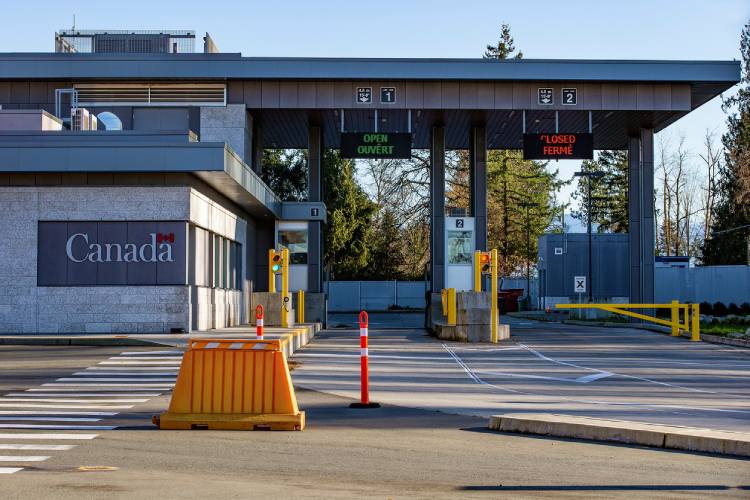You may have questions regarding the impact of a DUI on your ability to travel to Canada as a US citizen. We invite you to contact our team at Richards and Jurusik for detailed guidance and assistance. We aim to provide the most accurate and up-to-date information to make your immigration process smoother and less stressful. The immigration lawyers at Richards and Jurusik have decades of experience helping people to work and live in the United States. Read some of our hundreds of 5-star client reviews! Contact us today to assess your legal situation.

Similar Posts

Entering Canada with a DUI: What you need to know
It’s a common worry for many prospective travelers with these marks on their records. Despite the complexities, there are ways to navigate this situation and enter Canada with a DUI or other convictions. This article covers ten frequently asked questions about entering Canada with a DUI or criminal offense.

Overcoming DUI Hurdles for Entry to Canada
If you’re a U.S. citizen with a DUI (Driving Under the Influence) conviction, you might find traveling or immigrating to Canada challenging due to strict criminal admissibility rules. However, legal avenues, such as applying for criminal rehabilitation or securing a Temporary Resident Permit (TRP), can help you overcome these hurdles. This blog will provide detailed, actionable advice on how to navigate this complex process.

Overcoming DUI and Criminal Convictions for Entry to Canada
A DUI conviction can impact your ability to enter Canada as “criminally inadmissible.” This label applies not only to individuals from the US but also to those from other countries. Even if your conviction is a decade old, it can still impact your entry. This post covers the complexities of entering Canada with a DUI or criminal record and explores potential solutions.

Will a DUI, DUAI, DWI, OVI, or OWI keep you out of Canada?
Traveling to Canada with a history of DUI, DWI, or similar driving-related convictions can present significant challenges due to strict inadmissibility rules. Whether you’ve faced charges for impaired driving, DUI (Driving Under the Influence), DUAI (Driving Under the Influence of Alcohol), DWAI (Driving While Ability Impaired), DWI (Driving While Intoxicated), OVI (Operating a Vehicle under the Influence), OWI (Operating While Intoxicated), or reckless driving, understanding the potential barriers and the pathways to enter Canada legally is crucial.

What do I need to know to enter Canada with a DUI?
Are you a US citizen concerned about entering Canada with a DUI on your record? This comprehensive guide provides essential insights into the process, potential complications, and relief measures available. Uncover the advantages of exploring both Criminal Rehabilitation and Temporary Resident Permits to enhance your chances of crossing the Canadian border seamlessly.

Can a lawyer help me enter Canada with a DUI?
Canadian immigration laws present a unique set of challenges for individuals with a DUI (Driving Under the Influence) conviction. Recognized as a grave criminal offense within Canada, a DUI can severely impede one’s ability to gain entry into the country. Yet, there are established legal pathways designed to overcome this hurdle. We discuss your options for entry to Canada with a DUI-related offense here.
